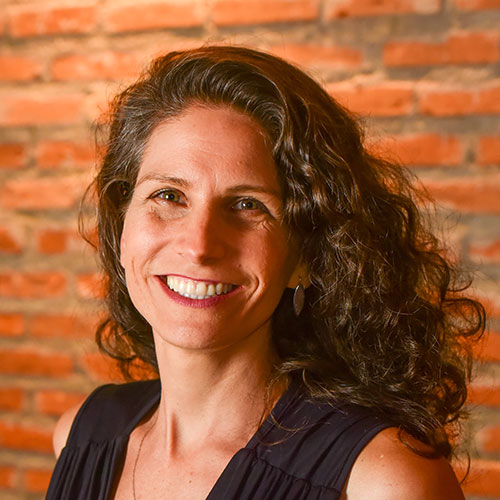Artesanato das Mulheres do Jequitinhonha highlight the Valley’s culture
The project, carried out in partnership with the non-profit association Tingui, generates income, strengthens and empowers rural and quilombola women in the Jequitinhonha Valley


With products filled with meaning, the crafts of the Mulheres do Jequitinhonha (“Women of Jequitinhonha’, in English) are pure poetry. How much delicacy can exist in a single piece of fabric, after all? Everyday experiences are depicted on the banners alongside angels, birds, trees, flowers, seeds and fruits. From there, bedspreads, blankets and tablecloths are also made. The dyeing comes from the colours of nature, from plants and the earth. The inspiration comes from rural life itself.
Mulheres do Jequitinhonha (‘Women of Jequitinhonha’) are not just artisans. They plant the cotton, spin, weave, embroider, dye and crochet. Some are midwives, prayer leaders and herbalists. They also sing verses, many verses.
This knowledge has been passed down from generation to generation, but despite their many skills, the farmers of the Vale do Jequitinhonha (‘Jequitinhonha Valley’, in English) felt undervalued. Most importantly, they were losing the communal bond that keeps the spirit of community alive. The craft project was created to support them.
It was proposed by Tingui, an association founded in 2015 with the goal of promoting the empowerment and autonomy of rural and quilombola* women in the Vale do Jequitinhonha (‘Jequitinhonha Valley’) through the appreciation of ancestral knowledge. “The women were forgetting their strength and beauty, they were losing their sense of play. So initially, it wasn’t even a program for generating income. It was more for them to come together, talk, and sing while doing manual work, something that was a part of their culture”, recalls Tingui’s Executive Director, Viviane Fortes da Silva.
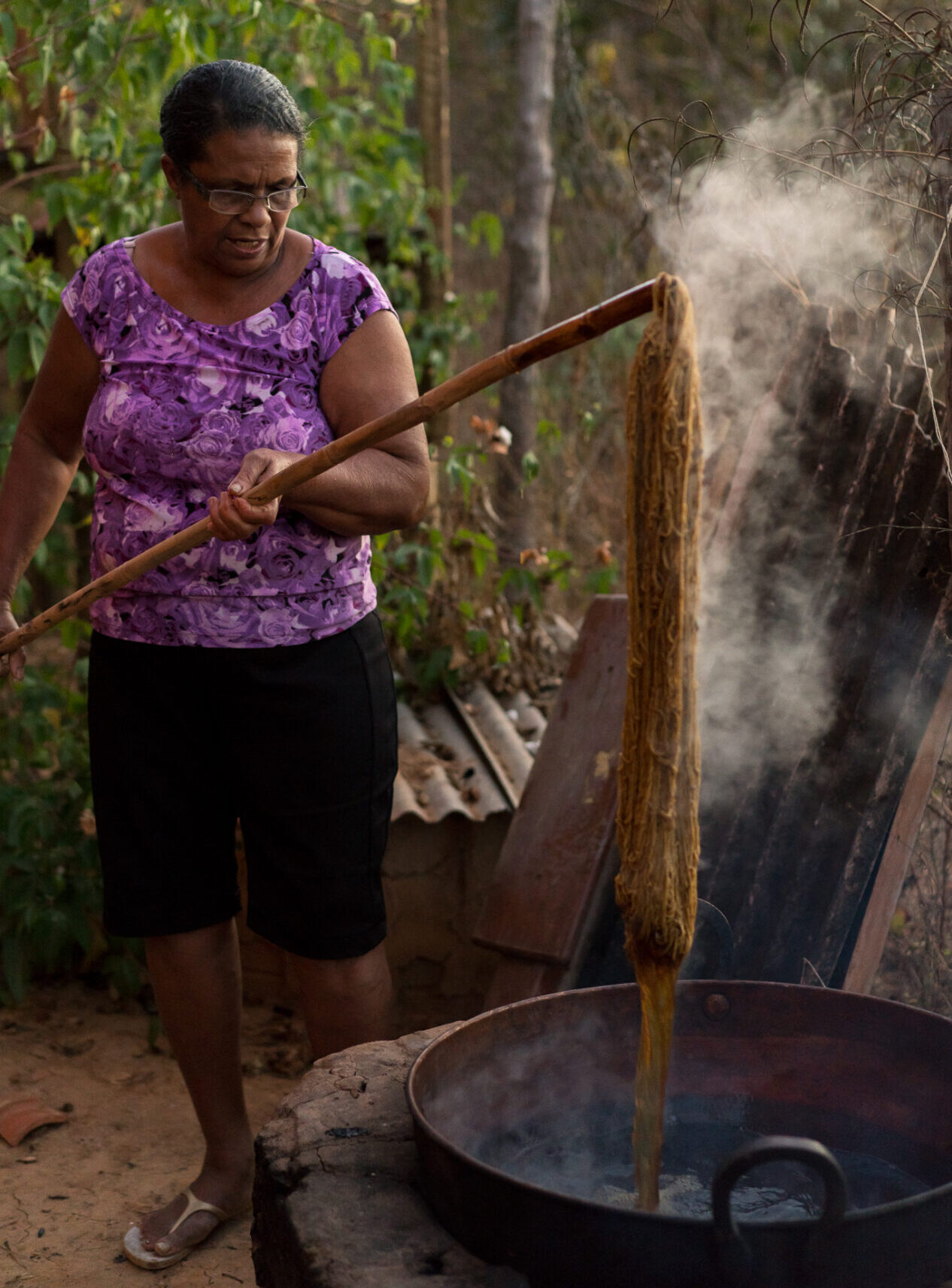
Mulheres do Jequitinhonha
Today, the project involves 180 women in 9 rural and quilombola communities* in the municipalities of Jenipapo de Minas, Francisco Badaró, Chapada do Norte and Diamantina. The groups are divided into Bordadeiras do Curtume, Mulheres da Ponte, Fiandeiras e Tecelãs de Tocoiós, Crocheteiras do Algodão and Mulheres do Corim.
Each group has its own story and identity. Bordadeiras do Curtume embroider daily life scenes based on designs created by Diogo Guimarães, the son of one of the embroiderers. Mulheres da Ponte focuses on agriculture, medicinal plants, and birds, with designs created by embroiderer Maria José.
The Fiandeiras’ group is divided into four teams to make yarn and supply it to the weavers and crocheters. Tecelãs de Tocoiós specialize in cotton culture, from planting to the final product. They are an older group, established long before the project and create items such as hammocks, bedspreads, tablecloths and blankets.
“Now we are working with bags, incorporating the perspective of family farming. These pieces are made from cotton that is planted, harvested, and spun by these women. So, several groups work together: one group of weavers provides fabric to the embroiderers, another group of spinners provides for the crocheters and so on”, explains Viviane.
* “Quilombolas” communities are descendants of African slaves who escaped from slavery in Brazil and formed independent settlements. These communities, often located in rural areas, maintain a distinct cultural identity, traditional practices and a strong sense of communal solidarity. They are recognised for their historical significance and cultural heritage, and they typically strive to preserve their unique ways of life and land rights.
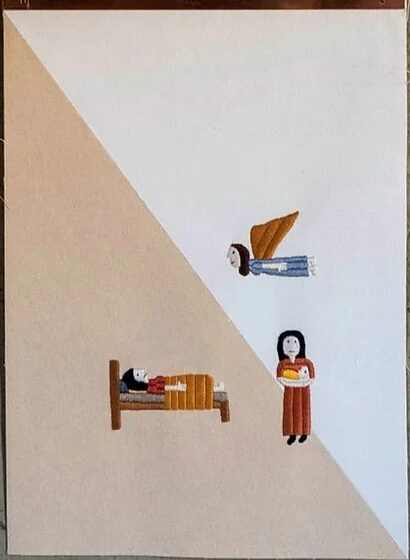

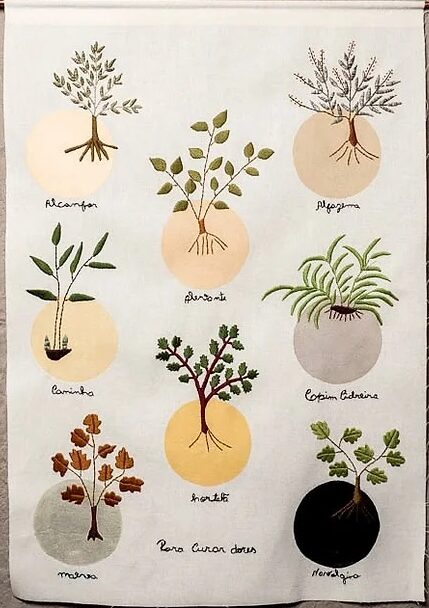

Craftsmanship and Local Culture
The crafts by the Mulheres do Jequitinhonha (‘Women of Jequitinhonha’) are sold through Tingui’s virtual shop or in partnership with Marcas Mineiras, at the UFMG – Universidade Federal de Minas Gerais (‘Federal University of Minas Gerais’) fair, during the Semana Criativa de Tiradentes (‘Tiradentes’ Creative Week’), among other venues. All the income is distributed among the women in the project. Tingui only supports the production and commercialization of the pieces.
The revenue generated from sales, Viviane emphasizes, “is important because it ensures the women’s autonomy, but income generation is not the goal of the project; it is a consequence”. Therefore, the rhythm of life for these communities determines the production planning. “Every year we create an action plan to understand where they want to be. Each group has its reality and we ensure they don’t fall into autopilot. We want them to remain in that special place, creating rare and handcrafted items”, she says.
“People living in rural areas don’t have the compartmentalized and individualized perspective that the city brings. It’s a more integrated and collective life. Often, these women’s lives don’t fit within the values of capitalist logic. They begin to think that what they know isn’t important, but they possess a great deal of wisdom. So, generating income in the territory is filled with history and provides the material support for a broader way of life, which needs to be established and realized here in this existence”.
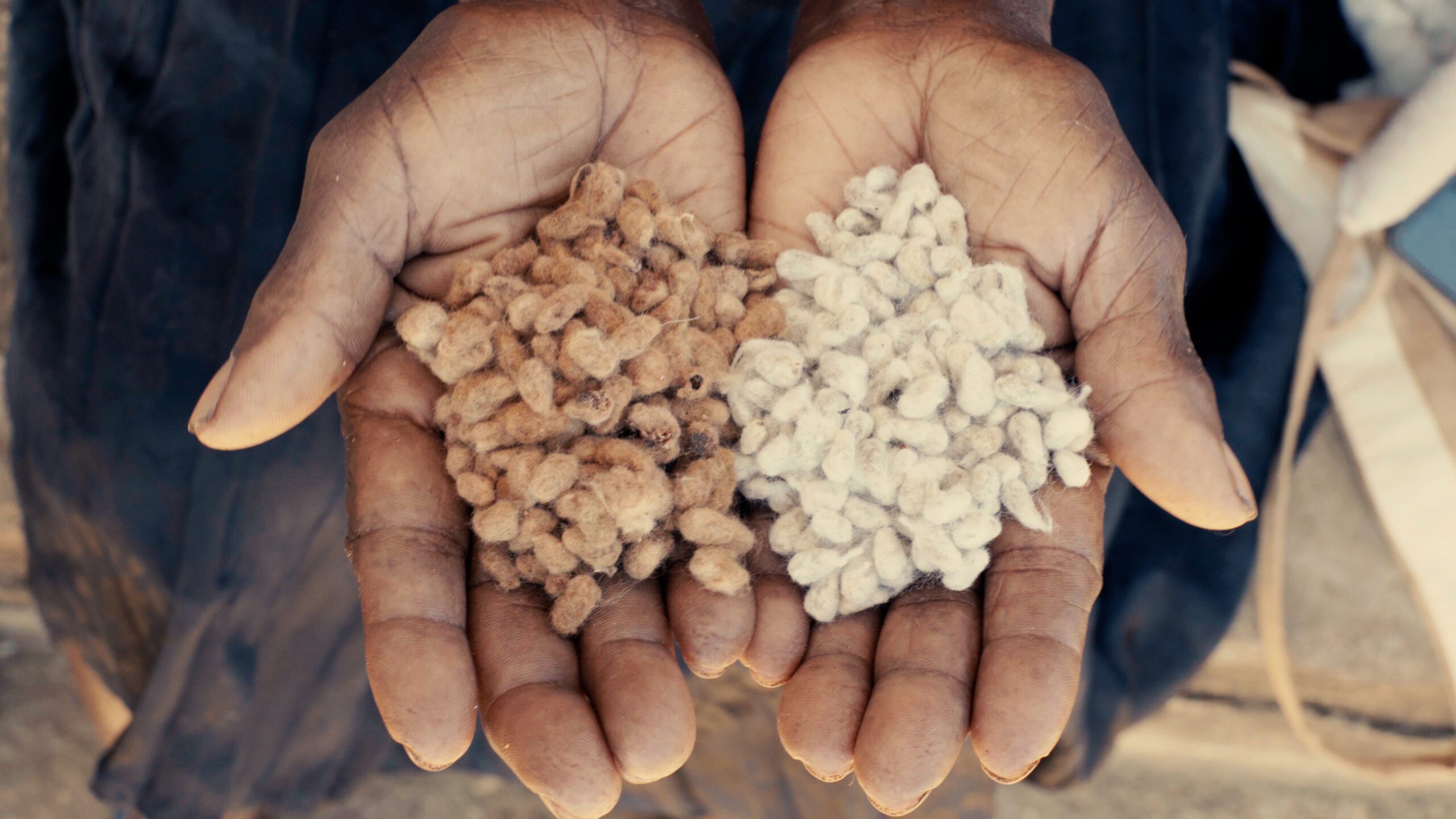

Tingui
Tingui develops a range of other initiatives with the communities of the Vale do Jequitinhonha (‘Jequitinhonha Valley’), including exchanges among women and projects like Brota-flor, which focuses on comprehensive health care and Sementes Vivas, which is dedicated to agroecology. For Viviane, the key is to offer pathways that enhance the potential of these communities. “The more they truly recognize themselves, the stronger they become”.
Among the actions to strengthen these populations is the revival of traditional songs. “Farmers in the Valley have always worked while singing. Work in the fields, weeding, harvesting beans and corn, spinning—all is done with song. They have a tradition of these songs, of exchanging verses, and dances. So, Tingui aims for our work to also be accompanied by a song. To revive and strengthen these songs that are unique to each community”, she concludes.
“Eu quero um brinco de ouro [I want a gold earrin],
Pra mim, dá meu amor [For me, my love].
Eu quero um brinco de ouro [I want a gold earring],
Pra mim, dá meu amor [For me, my love].
Eu quero um botão de rosa [I want a rosebud],
Sou um beija-flor [I am a hummingbird]..
O que você me pediu [What you asked me for],
Deixa que eu vou te levar [Leave it to me, I’ll bring it to you].
Te levo um brinco de ouro [I’ll bring you a gold earring]
E a rosa procê cheirar [And the rose for you to smell.]”
Song “Gold Earring,” from the popular culture of the Jequitinhonha Valley
Do you want to support this cause?
To explore the crafts of Mulheres do Jequitinhonha (“Women of Jequitinhonha’), visit the online shop.
Tingui’s headquarters is located in Jenipapo de Minas, in the Jequitinhonha Valley, and carries out various projects related to caring for the land, health, and people. To make a donation, click here.
For more information, visit the website or follow us on Instagram and Facebook.
